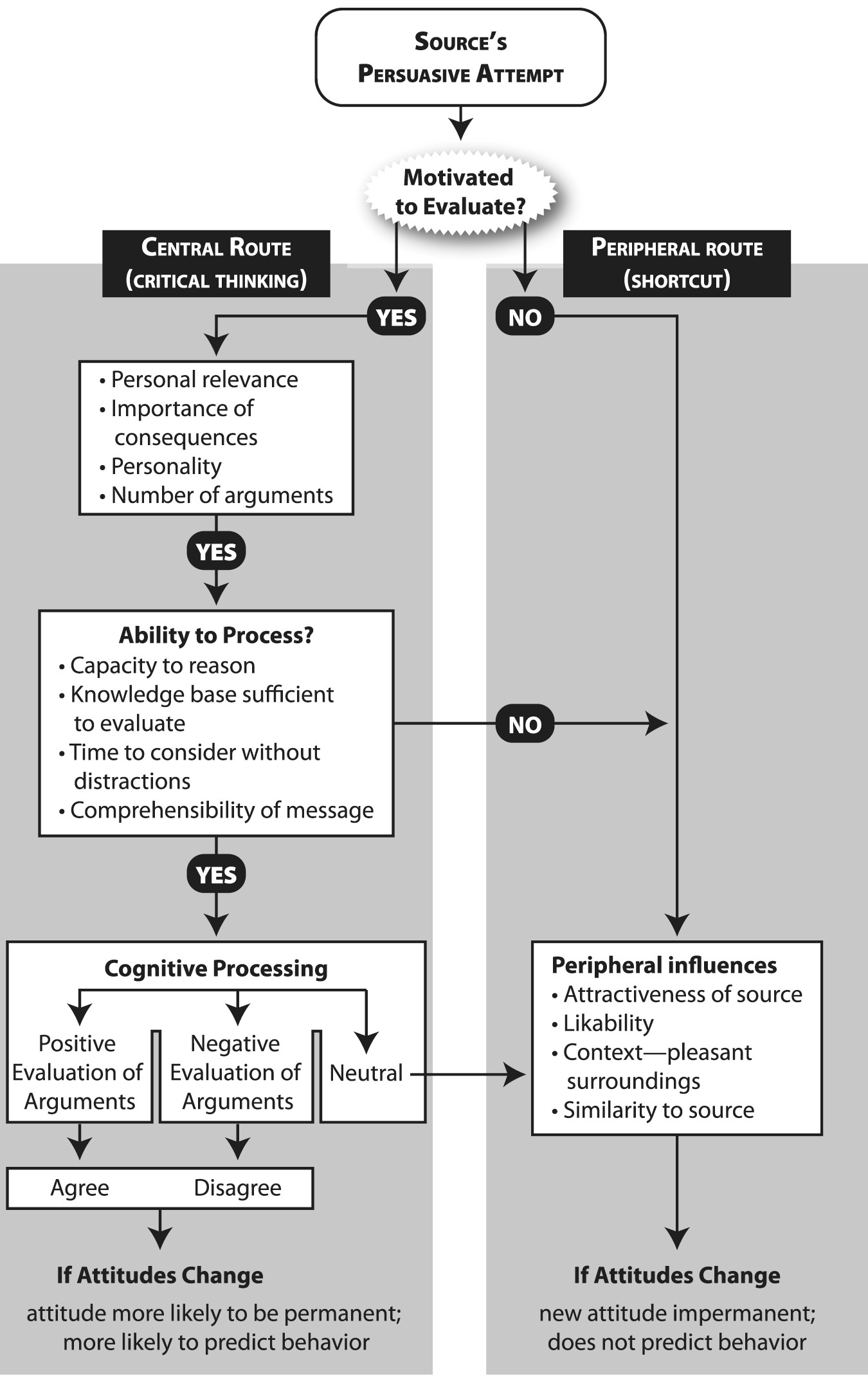If we had the obligations of institutions like museums, all of us would probably have to periodically amend the landmark narratives in our lives that we have incorrectly remembered.
There are no shortage of examples of museums and archives that have been forced to correct their narratives about past events. Was a painting in a gallery actually the property of a Jewish family who had to forfeit it to the Third Reich? Is that tribal dress portrayed in an exhibit of an indigenous group really accurate, given recent and revised histories? Do our textbook descriptions of the American Constitution adequately treat the deference to slave-owning that historians and progressives now see in some of its provisions, including the electoral college?
Remember the Lerner and Lowe song in Gigi sung by an older couple?
He: We dined with friends.
She: We ate alone.
He: A tenor sang.
She: A baritone.
He: Ah, yes, I remember it well. That dazzling April moon.
She: There was none; and the month was June.
He: That’s right. That’s right.
She: It warms my heart to know that you remember still the way you do.
On big and little matters, we tend to curate our own histories with details that still seem clear. One personal example: I was certain I witnessed the mayhem of the 1968 Democratic Convention in front of a television set in a basement playroom on Quebec Street in Denver. I can still picture the black and white images of the horrors unfolding on Michigan Avenue in front of the Hilton Hotel, vivid as if they were yesterday. The “clear” mental image stays because it marks the sinking feeling that must come to most young Americans when they first encounter a national trauma that pushes aside a simpler faith in national invincibility. The storms of American political and cultural life are an unintended national birthright, forcing amendments to exceptionalist narratives that finally must give way.
But I digress. The problem with my memory is that I could not have been in my parent’s basement in Denver. In 1968 I was living in Sacramento California, where almost no one has a basement. And I was a senior in college, not the higher schooler I remember. The dates are irrefutable markers. If we functioned like public institutions, all of us would probably have to rework the landmark events in our lives that we have curated as mental exhibits. This amounts to the same kind of historical refurbishment that now happens regularly, using the tenets of critical race theory, the #Metoo movement, and other redefining perspectives. At institutions like the Smithsonian or the Metropolitan Museum of Art, the creation of amended narratives must now go on all of the time.
I have not checked, but I wonder if the National Constitution Center In Philadelphia has tempered its assessments of the founding document to reckon with the last President’s trashing of what seemed like well-established norms. The emoluments clause prohibiting the use of the office to make money is a case in point. Similarly, writing history texts for grade-schoolers has become an occupation that now leaves some school boards and publishers figuratively bloodied. The question of who gets to tell the stories of our collective past has turned into its own kind of battlefield.
Psychologically, we are not well-positioned to abandon inaccurate narratives. As has been much discussed through the recent election and its aftermath, Americans are like most people who resist new corrective narratives that bump up next to older inaccurate ones. As noted elsewhere, the tension between the two creates an uncomfortable form of dissonance we would like to avoid. And so we often take the avoidance route: only considering evidence that confirms what we already believe.
![]()



